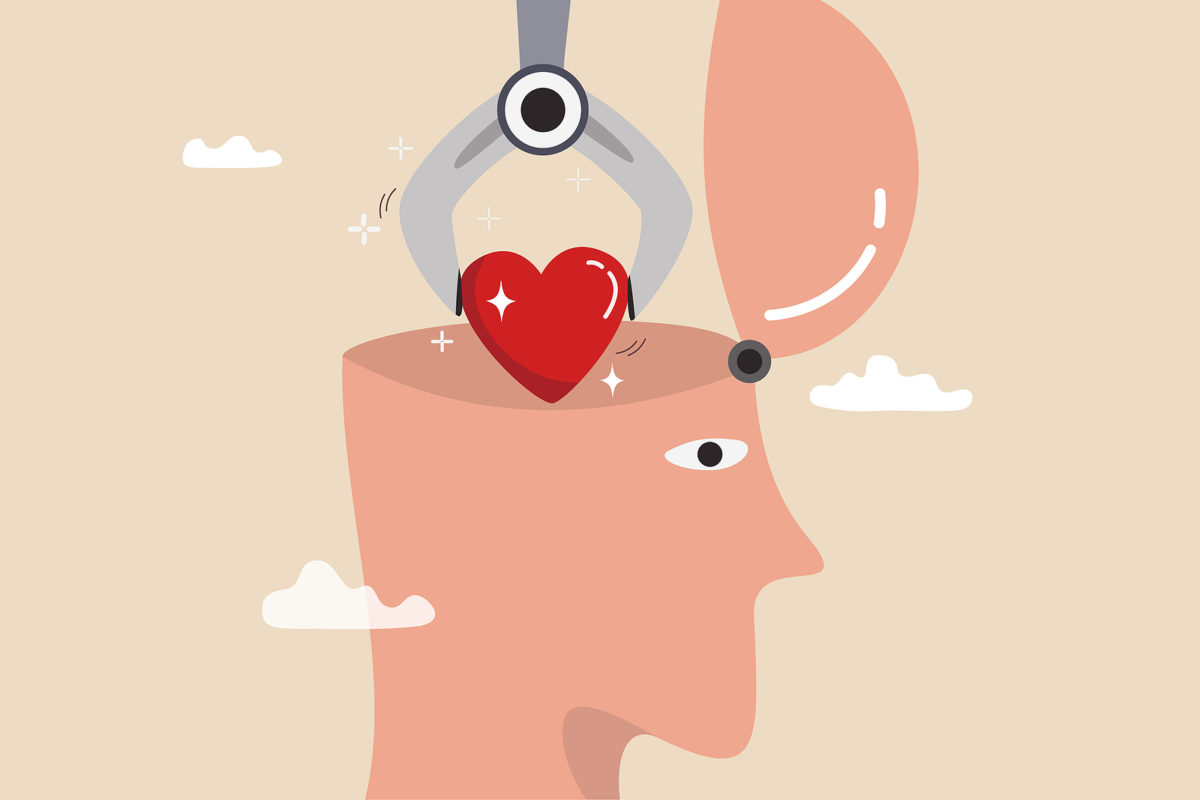If we know that with aging there is some degree of hearing and vision changes and we know that there is a level of cognitive decline as we age as well, are these related? That is what a study conducted by the University of Michigan in the United States and the University of Manchester in the United Kingdom aimed to discover.
What is Age-Related Hearing Loss?
Age-related hearing loss is one of the most common types of hearing loss. Let’s review the types of hearing loss to better understand.
- Sensorineural hearing loss is the most common type of hearing loss. It occurs in the inner ear and generally permanent. It can be acquired or congenital, present from birth. Age-related hearing loss falls into the acquired sensorineural hearing loss category.
- Conductive hearing loss occurs in the middle or outer ear. It is often due to obstructions or infections but can have other causes as well.
- Mixed hearing loss is the third type of hearing loss and it is a combination of both sensorineural and conductive hearing loss.
Hearing loss that is age-related is a gradual condition that tends to begin with the higher frequencies of sound.
Age-Related Vision Changes
As we age, cataracts can develop. Cataracts are the fogging or clouding of the eye lens. As with age related hearing loss, these changes to eyes’ lenses is slow and gradual.
Results of the Study
The research study performed sought to examine the effects of corrected age related hearing and vision changes on cognitive decline. Cognitive function was measured with several different tests ranging from word recall to completing small tasks.
For the hearing portion of the study, approximately 2,000 older Americans had their hearing measured every two years for eighteen years. In the end, the rate of cognitive decline was 75% slower in those wearing hearing aids versus those without hearing aids.
For the vision or cataract portion of the study, the same team had approximately 5,000 people aged in their sixties participate over thirteen years. Of the 5,000 participants, 2,068 of them received cataract surgery while the other 3,636 did not. It was determined that cognitive decline can be slowed by 50% with cataract surgery.
What does this mean?
Ultimately more research needs to be done to determine the exact link between cognitive decline and hearing loss or cataracts, however this study is an important step to understanding it.
The cause of this correlation can range anywhere from nerve stimulation in the brain to social isolation. Both hearing and seeing work by sending messages to the brain through auditory and optic nerves respectively. Therefore with the decrease of stimulation and use of these nerves, it is possible that this one cause of the cognitive decline noted.
Another possible link is the well documented social effects of untreated hearing loss. When hearing and understanding the people around you become more difficult, people tend to isolate themselves. This social isolation may lead to cognitive decline as well.
To reiterate, while this study shows the decrease in cognitive decline by as much as 50-75% from wearing hearing aids versus not as well as from undergoing cataract surgery versus not, it does not provide the exact link between these factors.
Early treatment
Regardless of the exact cause, it is clear that regular hearing and vision checks as well as early treatment is vital to help maintain cognitive function as we age.
For cataracts, the treatment, as exhibited by this study, is surgery.
On the other hand, for hearing, the treatment is a bit less invasive. Hearing aids are the most common treatment for age related hearing loss. When seeing your hearing health provider you will complete a hearing evaluation and if needed will be fit for hearing aids with a mold. It is important to note that hearing aids, unlike glasses for vision correction, require an adjustment period. Discuss what to expect wearing hearing aids for the first time with the hearing health provider in order to better understand the transition into hearing aids.
Regular hearing and vision checks are important however if you notice any symptoms of vision or hearing changes it is crucial to see the appropriate doctor as early as possible for possible treatment options.

